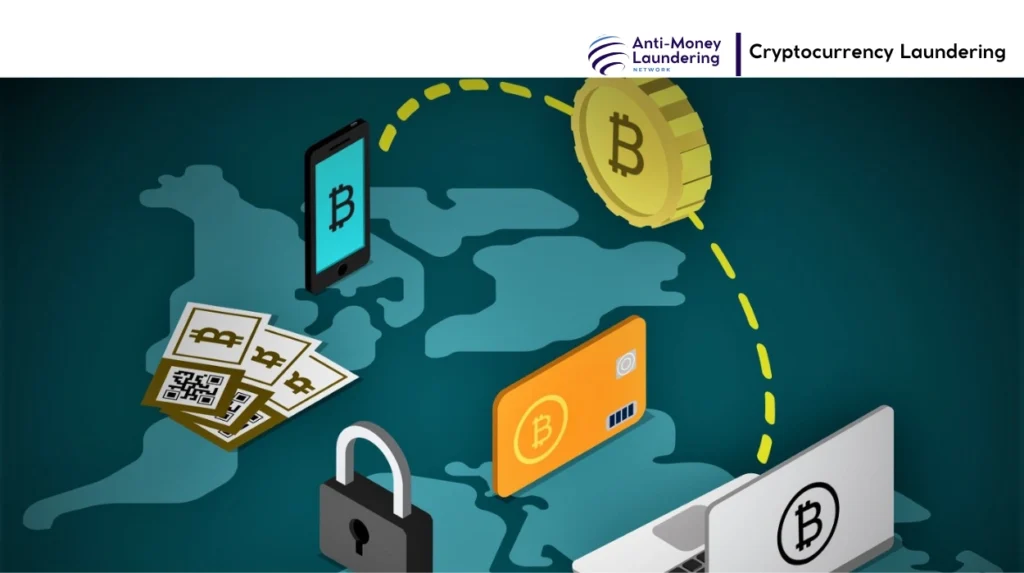The rise of cryptocurrency in the Gulf, especially in the UAE and Saudi Arabia, has created opportunities for sophisticated cross-border money laundering through Gulf wallet networks. Illicit actors exploit weak and uneven regulations, using stablecoins, unlicensed peer-to-peer platforms, and informal channels to obscure transactions. Despite regulatory advances like the UAE’s VARA and Saudi Arabia’s Project Aber, enforcement gaps remain. This case highlights the urgent need for stronger regional cooperation and real-time monitoring to address laundering risks in the Gulf’s rapidly growing crypto ecosystem.
The cross-border crypto laundering case involving Gulf wallet networks in the UAE and Saudi Arabia highlights a significant challenge amid the Gulf’s ambition to be global crypto hubs. Illicit actors exploit the rapid growth of digital asset adoption alongside nascent and sometimes uneven regulatory oversight to launder substantial illicit funds. Techniques involve sophisticated layering using stablecoins, informal P2P networks, and rapid transnational transfers that obscure the source and destination of funds. While the UAE has made notable regulatory strides via VARA and FSRA, Saudi Arabia’s cautious but evolving engagement through pilot projects like Project Aber aids in risk mitigation. Nonetheless, laundering persists due to the region’s active informal networks and the complex interplay between licensed and illicit financial channels. This case underscores the critical need for enhanced cross-border AML cooperation, real-time transaction monitoring, and stricter regulation enforcement within Gulf crypto ecosystems to prevent money laundering and associated financial crimes.

